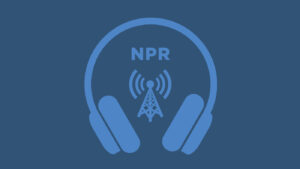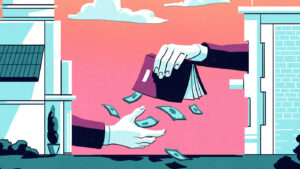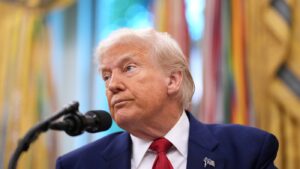The debate over school vouchers has reached a national level as the Trump administration advocates for their inclusion in the current budget legislation. This move towards a nationwide school voucher program has sparked discussions, as research on the effectiveness of such programs presents varying outcomes.
Understanding the Voucher Proposal
For the first time, a national school voucher plan is included in the tax bill passed by the House, awaiting Senate deliberation. NPR’s education correspondent, Cory Turner, explained the proposal’s implications to host Michel Martin. These vouchers would be available to families earning up to three times the area’s median gross income. For example, if the median income in an area is $75,000, then families earning up to $225,000 would qualify. However, the program would have a funding cap, meaning not all qualifying families may receive vouchers.
Funding Dynamics
The proposed plan involves a significant tax credit incentive for Americans to donate money to be distributed as vouchers to families. This approach could potentially result in the federal government forgoing up to $5 billion annually in tax revenue, encouraging private funding rather than direct government investment in private educational institutions.
Assessing Academic Impact
The effectiveness of school vouchers in improving academic performance is a contentious topic. Research findings are mixed, as noted by Turner. Josh Cowen from Michigan State University highlighted that smaller, targeted programs in the ’90s and early 2000s showed marginal improvements. However, with the expansion of these programs, such benefits have diminished.
Studies in states like Louisiana and Indiana revealed that students switching from public to voucher schools experienced academic setbacks. Cowen likened these losses to those caused by significant disruptions such as COVID-19 and Hurricane Katrina.
Varying Perspectives
Researchers have differing opinions on the underlying causes. Cowen suggests that low-quality private schools emerge as programs expand. Alternatively, Patrick Wolf from the University of Arkansas argues that private schools focus less on test scores, which aren’t always indicative of school quality.
Wolf also references studies indicating potential long-term benefits for voucher students, such as higher high school and college graduation rates. Despite potential public school improvements due to competitive pressure from vouchers, public school advocates argue these benefits do not outweigh the risks, which include reduced student enrollment and subsequent funding losses.






Be First to Comment